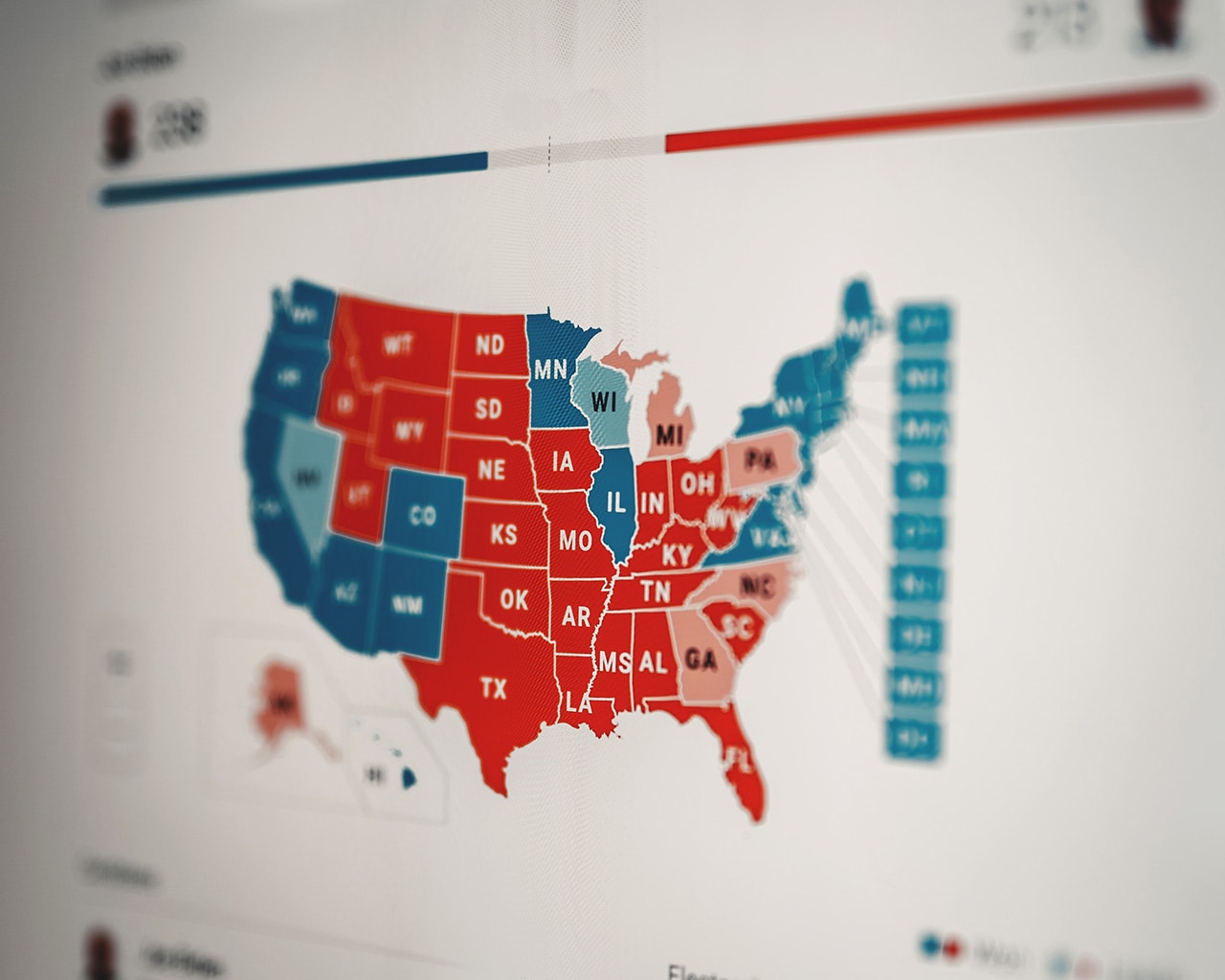4 Major GovTech Takeaways from the 2020 General Election
ORLANDO, FL – While terms like “unprecedented” and “new normal” seem to apply to virtually every aspect of life in 2020, it is important to consider the extraordinary and lasting impact the pandemic has had on our nation’s elections.
COVID-19 forced those who administer elections to quickly adopt fresh approaches in order to be successful ahead of primaries and the General Election. Efforts to curb the spread of the virus, of course, meant that they would have to find ways to facilitate voting that was safe, secure, and relatively convenient. In large, this election cycle proved those efforts were successful – a testament to our nation’s hard-working election administrators.
Reflecting on our team’s experience partnering with more than a dozen states through this time, we’ve identified four major takeaways that our industry should consider as we look ahead to the future of elections.
1. Security Continues to be Paramount
Election security is directly linked to voter confidence in our democratic processes and the legitimacy of our government, thus it must remain at the top of the list of priorities for our industry.
U.S. intelligence agencies warned that actors would attempt to interfere in the election – potentially by disrupting voting processes. Beyond misinformation, they were concerned with cyberattacks that ranged from flooding election websites with traffic to shutting down voting infrastructure with ransomware.
While there were a number of attacks and minor incidences across the country, there were no significant breaches, and in fact, the Election Infrastructure Government Coordinating Council said “the November 3rd election was the most secure in American history.” This, of course, didn’t happen on its own and must be credited to the hard work of U.S. agencies and elections officials at every level.
While our election system is resilient, threats are persistent and ever-evolving, so cybersecurity strategies must be strengthened continuously. This means taking a hard, honest look at our various systems and identifying vulnerabilities.
States must rely on technology partners with formal security policies that demonstrate what kind of assurances they can make regarding the protection of their applications. No system is perfect, but formal policies indicate best practices (NIST Cyber Security Framework) and methods used for detection and response that make all the difference.
Independent penetration testing firms should also be used by states and localities wanting objective, third-part risk assessments. These firms validate an application’s (and its associated network’s) security posture and proactively map potential threats, providing even more visibility ahead of an event.
2. It’s Time to Modernize Election Systems (and Add Contactless Solutions)
As our Elections and Ethics Products Manager Tom Ferguson put it, “elections have been evolving the last two decades, but the pandemic’s put that evolution into warp speed.”
Because of the challenges associated with IT modernization, many states, understandably, had either put it off or turned to one-off measures. Now, though, modernizing government technology is an urgent necessity.
A good place to start is with voter registration and absentee/mail-in ballot registration. Making these processes available online could add millions more eligible voters to the rolls, advancing the ideal of democratic participation by leaps and bounds while also improving election security, protecting public health, and saving tax dollars.
We know the technology works. Civix partnered with a number of states this election cycle to successfully allow voters to go online to apply for absentee ballots, eliminating the need to download and mail a paper form. It also cut the potential for delays in mail delivery and guaranteed that the information provided by voters was accurate.
While COVID-19 may have precipitated the desire by many to vote from the safety and privacy of their own homes, it’s likely this trend will continue beyond the pandemic. State legislatures and elections officials need to move quickly to facilitate remote voting – the demand is here to stay.
3. Transparency is Key to Voter Confidence
IT modernization also means greater transparency in the election process – a key element to voter confidence.
Online voter registration and absentee ballot technologies allow voters to track their registration and ballots in real-time. The ability to check the status of one’s information builds trust in election systems and reinforces the ideal that every vote counts and that every vote was counted.
Transparency also extends to election results. Election night reporting tools give constituents access to election results in real-time, from anywhere and on any device. Sharing this information as vote tallies are posted demonstrates that the tabulation process is fair and verifiable and gives confidence in the election outcome.
4. The Future is in the GovCloud
The cloud brings a host of benefits to state and local governments. It saves costs and reduces demands on in-house IT staff. It makes technology solutions accessible to verified users anytime, anywhere. It ensures data is protected with high levels of security. And it allows for quick recovery following a disaster regardless of the conditions on the ground.
Recognizing this, we began offering our government technology platform in secure government-only cloud environments. This included working with Amazon Web Services (AWS) and their internal architects and engineers to establish a dedicated configuration that would leverage the elasticity of scale via the cloud and provide a higher level of security than was available anywhere in the industry. This includes redundancy across multiple availability zones (AZs) in the group of Amazon cloud regions that are designed to host sensitive data, regulated workloads, and address the most stringent U.S. government security and compliance requirements (SOC2 and FedRAMP).
Mike Wons is the president of Civix Government, a leading provider of software to state and local governments and the premier provider of solutions for Secretaries of State. Mike has more than 25 years of industry leadership experience in GovTech, having held senior positions with PayIt, CellTrak Technologies, and Federal Signal Corporation as well as having served as the first statewide CTO for the State of Illinois.

